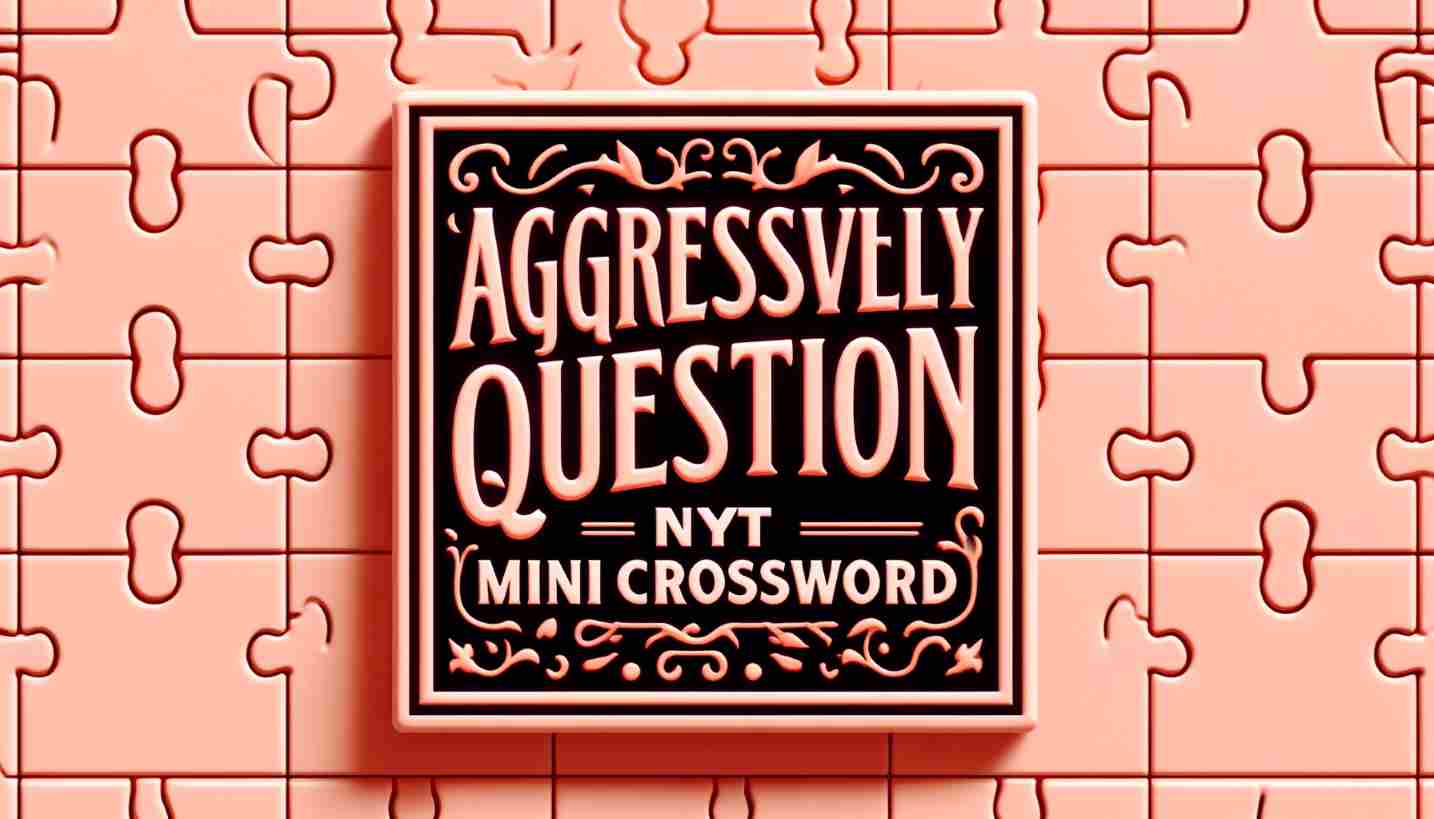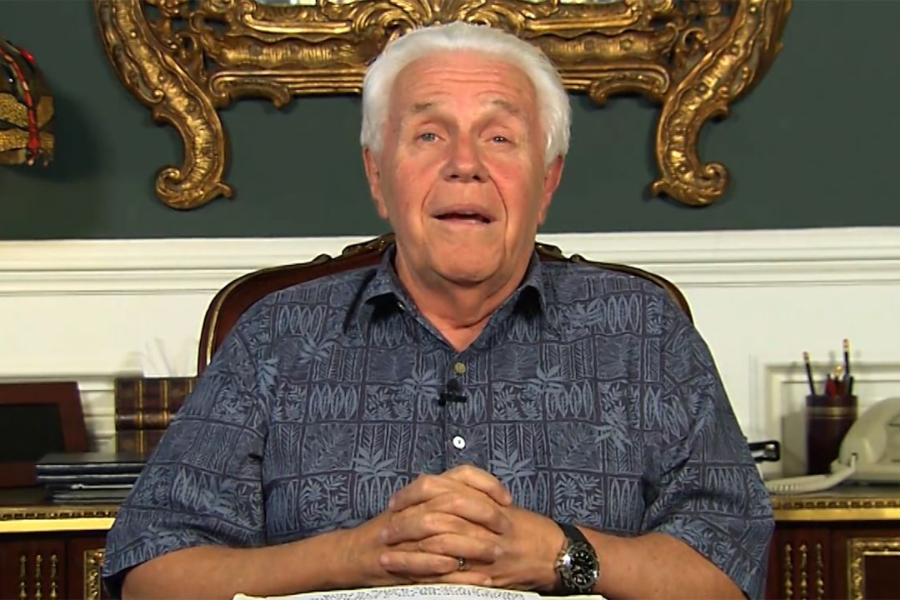Introduction to the Power of Inquiry in Journalism
aggressively question nyt In the realm of journalism, where truth is often obscured by layers of rhetoric and bias, there lies a powerful tool that can cut through the noise: inquiry. This art of questioning—especially when executed with intensity—can unveil hidden narratives, challenge authority, and spark vital conversations. As we dive into the world of aggressive questioning in journalism, we uncover its potential to reshape public discourse and influence society. Strap in as we explore how this method not only seeks answers but also holds power accountable while igniting curiosity among readers everywhere.
What is Aggressive Questioning and Why is it Important?
Aggressive questioning is a journalistic technique that pushes boundaries. It involves asking tough, direct questions to uncover the truth. This method often challenges interviewees, prompting them to provide clearer answers.
The importance of aggressive questioning lies in its ability to hold power accountable. Journalists play a vital role in society by scrutinizing actions and decisions made by public figures. When they ask difficult questions, they illuminate issues that might otherwise remain hidden.
This approach encourages transparency and honesty. It forces those in power to confront uncomfortable realities and defend their positions rigorously. In an era where misinformation can spread rapidly, aggressive questioning becomes essential for fostering informed dialogue and critical thinking among audiences.
This technique serves as a tool for justice—a way to expose wrongdoing while informing the public about crucial matters affecting their l

Examples of Aggressive Questioning in Journalism
Aggressive questioning has marked pivotal moments in journalism. One striking example is the Watergate scandal, where reporters like Bob Woodward and Carl Bernstein relentlessly probed officials. Their inquiries led to revelations that transformed American politics.
Another notable instance occurred during televised congressional hearings on climate change. Journalists pressed politicians with pointed questions about their funding sources and environmental policies, exposing inconsistencies in their narratives.
In recent years, the rise of social media has amplified aggressive questioning. Investigative journalists often challenge public figures directly on platforms like Twitter, demanding accountability in real-time.
During presidential debates, moderators have sometimes adopted an assertive style to elicit clear responses from candidates regarding controversial issues. These confrontations can reveal deeper truths hidden behind polished speeches.
These examples illustrate how aggressive questioning not only holds power to account but also engages the public in critical conversations about pressing issues.
The Impact of Aggressive Questioning on Society
Aggressive questioning in journalism serves as a catalyst for societal change. It pierces through the noise, demanding accountability from those in power. This form of inquiry can unveil truths that might otherwise remain hidden.
When journalists challenge officials or institutions with pointed questions, they signal to the public that scrutiny is essential. It encourages citizens to engage critically with information and seek clarity on pressing issues.
Moreover, aggressive questioning fosters transparency. By pressuring decision-makers to provide clear answers, it helps build a culture where honesty is expected rather than overlooked.
This practice also empowers marginalized voices by amplifying their concerns. When journalists aggressively question policies affecting vulnerable communities, they bring attention to injustices that require redress.
This approach shapes public discourse and drives meaningful conversations about democracy and justice in society.
Criticisms of Aggressive Questioning
Aggressive questioning can polarize opinions. Many see it as a necessary tool for accountability, while others argue it can lead to sensationalism. Critics often claim that this style may overshadow facts in favor of drama.
Some say that aggressive tactics create an environment of fear. Journalists might push too hard, making sources reluctant to share vital information. This could ultimately hinder transparency rather than promote it.
Moreover, the emotional toll on interviewees cannot be ignored. They may feel attacked or misrepresented if the questioning feels overly confrontational. Such dynamics can result in incomplete narratives.
There’s also concern about the potential for misinformation. In pursuit of provocative soundbites, journalists risk distorting reality and presenting one-sided stories that lack nuance or depth. The quest for ratings sometimes overshadows journalistic integrity and responsibility.
The Importance of Balancing Inquiry with Ethics in Journalism
Aggressive questioning can unveil critical truths, but it also carries significant responsibility. Journalists must navigate the fine line between probing for information and respecting personal boundaries.
Ethics in journalism isn’t just a guideline; it’s a necessity. When questions turn into harassment, they lose their value and purpose. Aggression should not overshadow the integrity of reporting.
Moreover, journalists are tasked with upholding public trust. If inquiry becomes too intense or invasive, it risks alienating sources and audiences alike.
Maintaining balance is essential for credible storytelling. Ethical practices ensure that the pursuit of truth does not compromise dignity or respect.
In fostering an environment where ethical standards thrive alongside rigorous inquiry, journalism can serve its ultimate mission: to inform and enlighten society without causing harm.
Conclusion: The Role of Aggressive Questioning in Shaping the Truth
Aggressive questioning plays a pivotal role in journalism, acting as a catalyst for truth and accountability. It compels public officials and institutions to confront uncomfortable realities. By pressing for clarity, journalists wield the power of inquiry to shine light on issues often left in the shadows.
This method not only serves as an investigative tool but also fosters dialogue within society. The responses elicited from aggressive questioning can lead to significant changes in policy or public perception. They challenge the status quo and encourage citizens to engage critically with news narratives.
However, it’s essential that this powerful tool is used judiciously. Journalists must navigate ethical considerations while pursuing the truth. Striking a balance between rigorous inquiry and responsible reporting ensures that trust remains intact between media outlets and their audiences.
As we reflect on the evolution of journalism, it’s evident that aggressive questioning will continue shaping our understanding of events around us—driving progress while holding those in power accountable. Such inquiries are vital; they remind us of our collective responsibility to seek out facts amidst noise, fostering a well-informed society ready to tackle challenges head-on.









